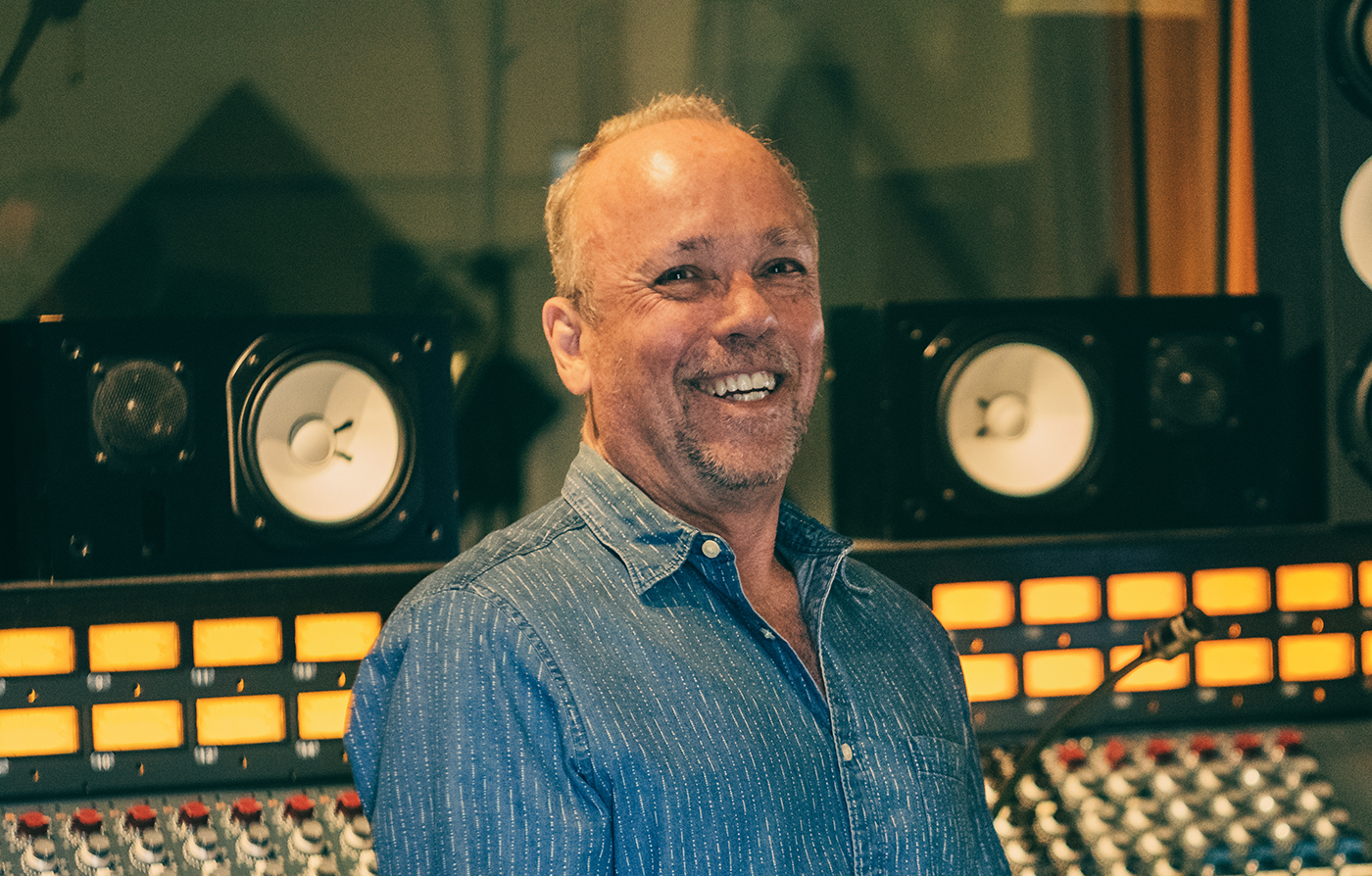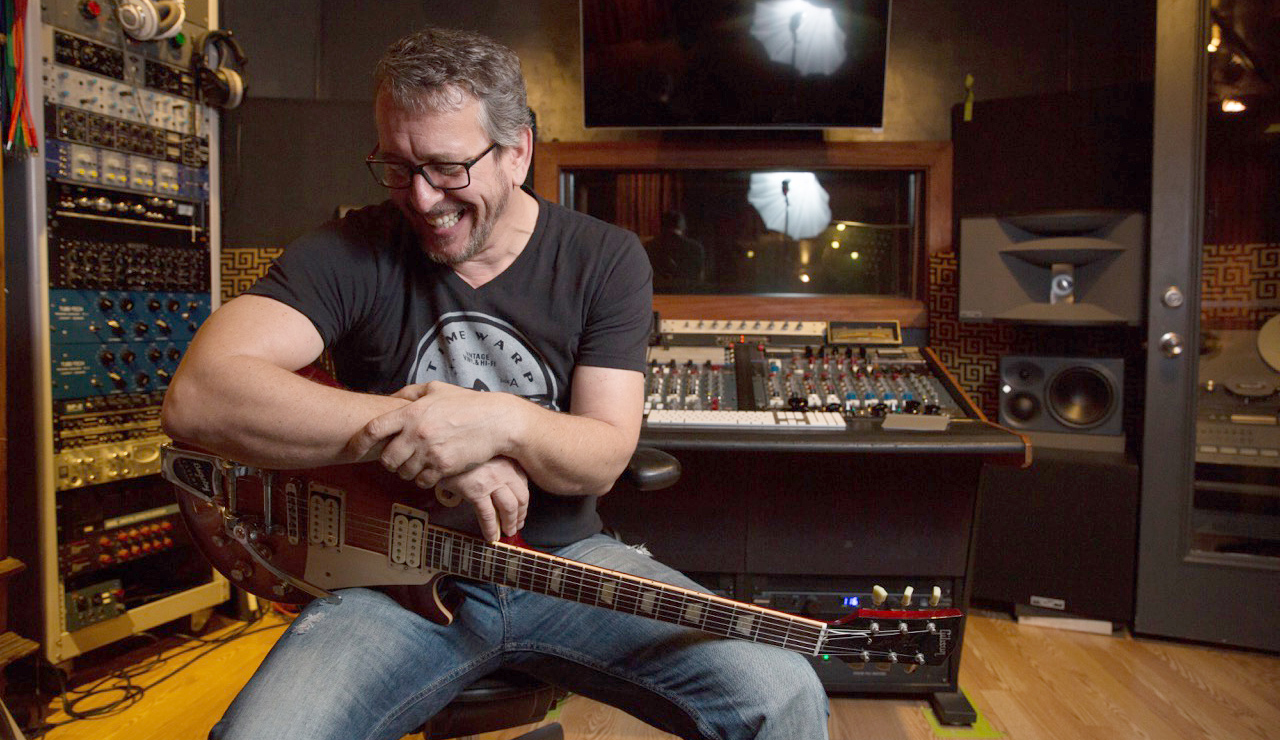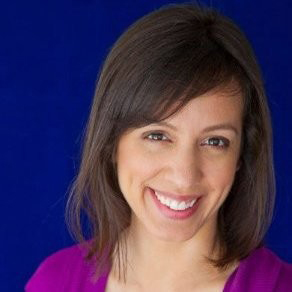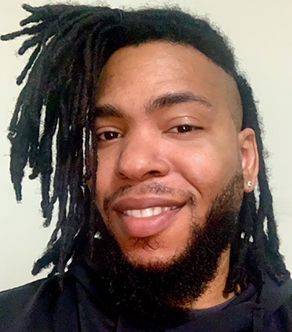David Royer started Mojave Audio in 1985 in the garage of his house. The location was Fullerton, California, and Mojave Audio was a one-man, custom pro audio gear shop. David is best known for his ribbon microphone designs with Royer Labs, but he originally started out designing and building vacuum tube microphones, mic preamps and compressors for engineers in the Los Angeles area.
Since the mid 1990s, David’s custom Mojave products have been used on a number of well-known recordings and have achieved legendary status among a small circle of high-end engineers. Mojave Audio Inc. was launched in 2005 to bring David’s condenser mic designs to the world.
What makes Mojave different? A Mojave microphone’s journey begins and ends in Burbank, CA. US made Jensen transformers and NOS (new old stock) tubes are shipped offshore and mated to capsules and bodies, according to David Royer‘s design specifications, at a highly respected factory that David has worked with for over 15 years. All Mojave microphones are constructed with respect to David’s unprecedented research and attention to electronic design and quality. After assembly, they are shipped back to Burbank for extensive QC inspections. Prior to packaging, every mic is burned in for 24 hours, tested and personally listened to by David.
Very few companies (and none in Mojave’s price range) invest so much in the audio components. The high-quality Jensen transformers alone cost more than many import mics. The NOS tubes are military spec. The FET’s are top quality and the resistors are custom made. At Mojave, it’s a given that no sacrifices are made in the critical signal path electronics.
This hybrid of domestic and overseas manufacturing allows us to make superb microphones that are affordable without compromise.
DAVID ROYER
David Royer is one of an elite group of microphone designers who know that music and sound are inseparable from electronic design. Everything David designs come from his deep, lifelong love of music.
David’s focus on sound started in his home, where he grew up absorbing the classical and folk music that his parents played constantly. From an early age, he was transfixed by the orchestral recordings he heard, leading to a love of classical music that continues today. At 21, David decided to create his own recordings and purchased an Ampex 960 tape recorder and a couple of off-the-shelf consumer microphones. Unhappy with his early results, he started experimenting with his microphones and soon began an in-depth, lifelong study of microphone design and electronic theory.
After a four year hitch in the Navy, where he honed his skills in electronics and acoustics as a sonar technician, David started designing his own microphones. He founded a small company called Mojave Audio in his garage in Fullerton CA, where he modified amplifiers and made his own condenser microphones, mic preamps, and compressors. Building gear under the Mojave and DVA labels, he created a number of condenser mics that have become studio staples among a small group of high-end audio engineers. In 1997 David designed his first ribbon microphone, The R-121, which led to the opening of Royer Labs in 1998. In a short period of time, it became a breakthrough ribbon microphone that reintroduced ribbons to engineers around the world. David also designed a number of ribbon “firsts,” including phantom-powered ribbons and tube ribbon mics.
DUSTY WAKEMAN
In his 40+ years in the music business, Dusty Wakeman has worn a lot of hats – producer, engineer, musician, and owner/manager of Los Angeles based Mad Dog Studios. His work with Dwight Yoakam, Lucinda Williams, Roy Orbison, Michelle Shocked, Buck Owens and many other artists has helped generate a number of multi-platinum and Grammy-winning records. Growing up in Texas, Dusty developed a love of the whole process of making music, from touring in groups to engineering records and designing his own studios. After moving to Los Angeles in 1977 to pursue a career as a bass player, he took a “temporary” gig at West L.A. Music, where he became store manager and stayed for three years. In 1980 he founded Mad Dog Studios, which he owned and operated for 28 years. Dusty discovered Royer mics in 2000, caught ribbon fever, and picked up a number of Royers for Mad Dog Studios, leading to a close relationship with Royer Labs. Looking for a ‘lifestyle change’ after 25 years of constant engineering, producing records and touring, Dusty came across the prototype for the MA-200. His enthusiasm for the new brand led to Dusty joining Mojave Audio in September of 2005. His in-depth knowledge of recording, understanding of the importance of choosing the right microphone for the job, and his ability to share his experience make Dusty an invaluable asset to Mojave Audio. Dusty serves as President of Mojave Audio.
WORKING CLASS AUDIO – NAVIGATING THE WORLD OF RECORDING WITH A WORKING CLASS PERSPECTIVE
INNER CIRCLE PODCAST – Bassist, Engineer, Producer and Mojave Audio President, Dusty Wakeman
INNER CIRCLE PODCAST – Mojave Audio President Dusty Wakeman
Dusty Wakeman Interview with Taylor Guitars From the Factory Podcast
COLIN LIEBICH
Raised in Massachusetts, Colin’s love for audio & music was inspired by a father whose career was heavily steeped in acoustics as a molecular physicist. An early pioneer in audio, his father’s work with industry greats like Les Paul and Donald Leslie (Leslie speakers) also included many great audio companies.
Starting at an early age with Bill Hanley of Hanley Sound (Stage & Sound – Woodstock), Colin could be found rigging speakers in locations like Fenway Park, Boston Garden, Worcester Centrum, or setting up sound at Boston University, University of Massachusetts or any of the many schools that hired Hanley Sound for events and commencements. The effect this had would be one of inspiration as Colin was drawn to a music education, studying music theory & jazz guitar. In between music and business, he found himself sharing the road with a variety of performers, from the likes of Bob Hope to bands such as Korn and Chris Cornell. In 2011, after teaming up with BAE audio, as well as some other key manufacturers, Colin established himself in the recording community by starting Plastic Dog Recording and embarking on a new journey. His variety of experience with artists/performers, production/record companies, recording studios, and live events has earned him a place in the recording and manufacturing community.
After years of being a major user and endorser of Mojave mics, Colin became a partner in 2019, with a focus on marketing, sales, social media, trade shows, and events.
PRODUCE LIKE A PRO – From Humble Home Studio to Massive Audio Career with Colin Liebich | Interview & Studio Tour
JOHN
Audio Technician
AMALIA
Director of Media
ALEXA
Social Media Manager
ROSS
Office Manager





